The Goods and Services Tax (GST) is a pivotal part of India’s tax structure, streamlining indirect taxes under one unified system. Businesses that fall into particular categories or reach certain turnover limits must register for GST. However, mistakes and oversights cause many business owners difficulties during registration. Avoiding frequent blunders can save time, effort, and penalties. If you want to apply for Online GST Registration in India, contact Eazy Startups.
Here are the top mistakes to avoid during GST registration:-
1. Providing Incorrect Business Details
2. Using incorrect Aadhaar or PAN information
3. Incorrect Selection of GST Category
4. Inaccuracies in Bank Account Information
5. Failure to Upload Proper Documents
6. Selecting the Incorrect SAC or HSN Code
7. Ignoring State-Specific Requirements
8. Extra Advice for Easy GST Registration
Providing Incorrect Business Details:
Giving inaccurate or insufficient business information is one of the most common errors while registering for GST. It covers mistakes in the business kind, legal name, or operational style. These errors may cause the application to be delayed or rejected.
Advice: Before submitting, confirm all business information, such as address, PAN (Permanent Account Number), and business structure (e.g., company, partnership, or sole proprietorship).
Using incorrect Aadhaar or PAN information:
The business’s PAN is connected to its GST registration; if the PAN is inaccurate, the application may be denied. Similarly, in certain situations, Aadhaar information is needed for identity verification.
Advice: Verify that the Aadhaar information matches the person’s formal records and that the PAN belongs to the appropriate legal organization.
Incorrect Selection of GST Category:
When registering, choosing the incorrect GST category may result in problems with compliance. Businesses may, for example, select “regular taxpayer” over “composition scheme” without fully comprehending the ramifications.
Advice: Recognize the distinctions between composition schemes and standard GST. Remember that the composition scheme has limitations, like no interstate trade, if you want to use it.
Inaccuracies in Bank Account Information:
Another frequent error is giving false information about a bank account or leaving out account details. For transactions and reimbursements, GST registration necessitates a working bank account; inconsistencies may lead to issues.
Advice: Provide accurate bank account information and documentation, like a cancelled check or bank statement. Make sure the company’s name appears on the account.
Failure to Upload Proper Documents:
To register for GST, you must upload several documents, including proof of address, identity, and business registration. Documents that are not full or that are not readable may be rejected.
Advice: Verify the list of necessary papers on the official GST portal and ensure they are readable, clear, and in the appropriate format (such as PDF or JPEG).
Selecting the Incorrect SAC or HSN Code:
Commodities and services are categorized using the Service Accounting Codes (SAC) and the Harmonized System of Nomenclature (HSN) for taxation purposes. Choosing the incorrect code may result in inaccurate GST rates and penalties.
Advice: To find your company’s right HSN or SAC code, consult the most recent GST standards. If necessary, consult a professional.
Ignoring State-Specific Requirements:
States have slightly different requirements for GST registration; some require extra information or paperwork. If state-specific regulations are ignored, approval may be delayed.
Tip: Verify compliance by researching state-specific GST regulations. For instance, Businesses with several branches in various states must register for separate GST registrations.
Extra Advice for Easy GST Registration
Timely Submission: To prevent missing deadlines, begin the registration process as soon as possible. Late registration may result in penalties.
Professional Assistance: Consult a trained GST consultant or chartered accountant if you are overwhelmed by the process.
Track Application Status: To ensure that problems are resolved as soon as possible, regularly check the status of your application on the GST portal.
Conclusion
GST registration is crucial for businesses, ensuring compliance and facilitating smooth operations under India’s tax regime. By following these tips and paying close attention to the process, you can complete your GST registration seamlessly and focus on growing your business. If you want to apply for Online GST Registration in India, contact Eazy Startups.


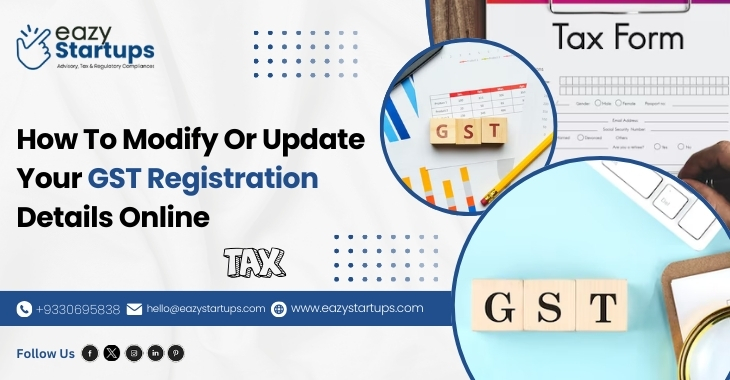

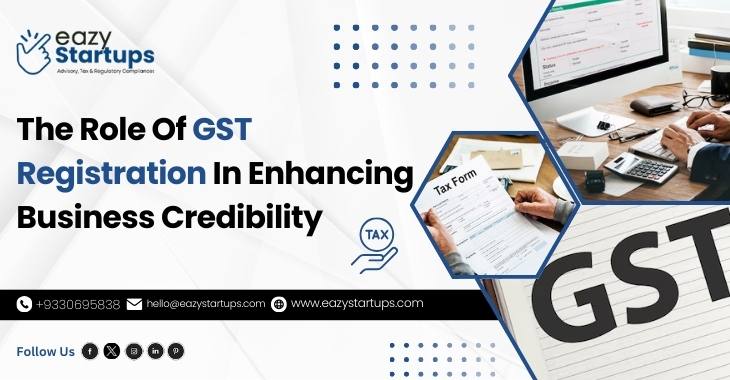
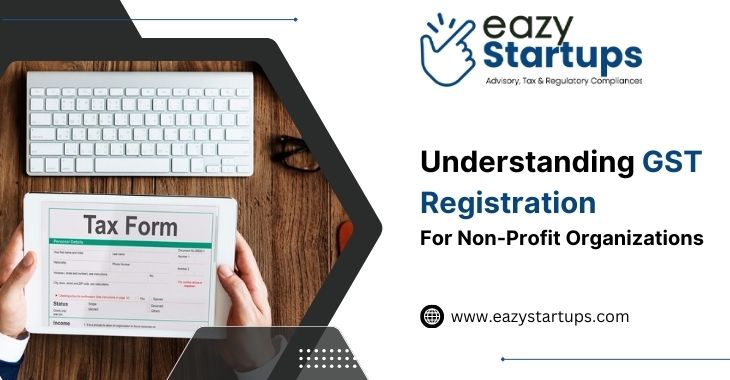

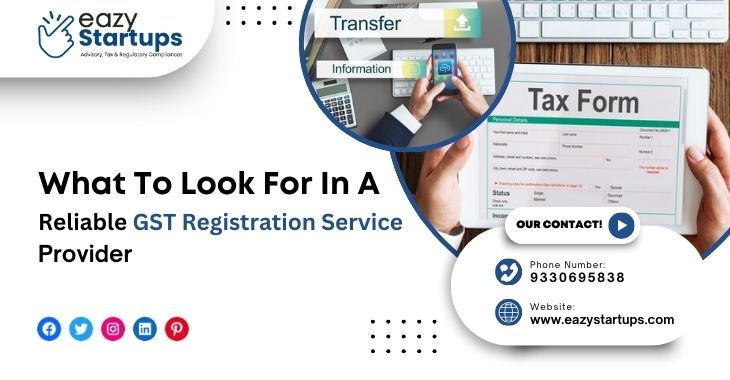
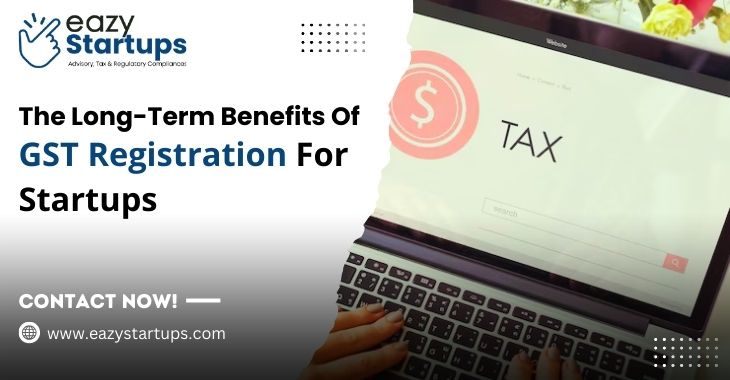
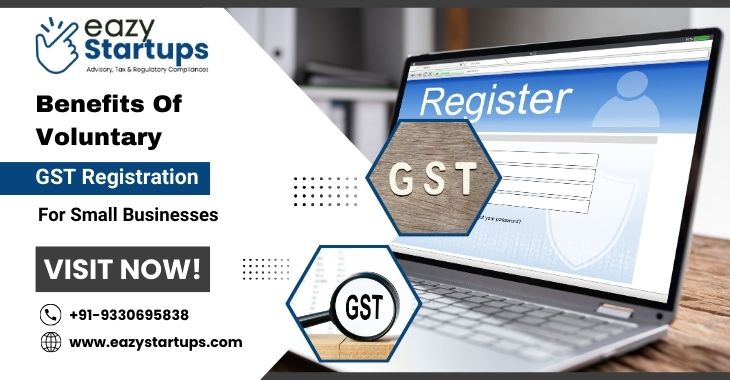
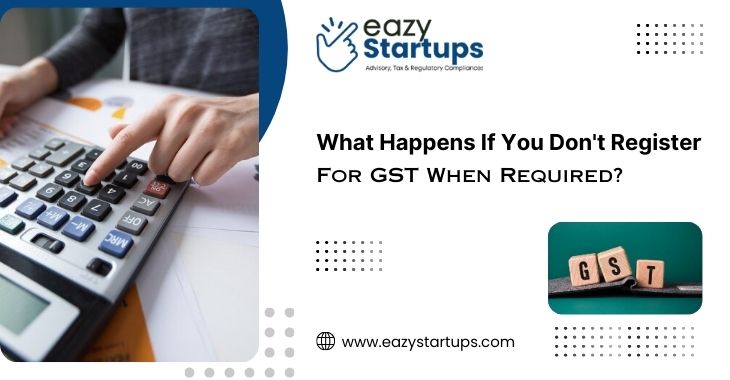
Recent Comments